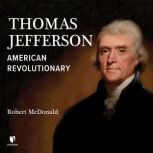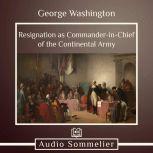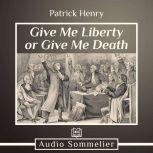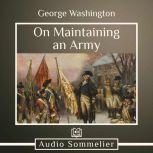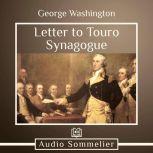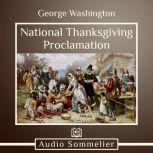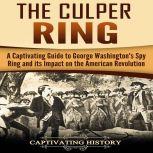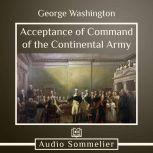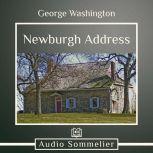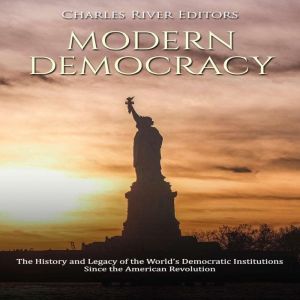
Details
Modern Democracy: The History and Legacy of the World’s Democratic Institutions Since the American Revolution
Author: Charles River Editors
Narrator: Jim Johnston
Unabridged: 2 hr 12 min
Format: Digital Audiobook
Publisher: Findaway Voices
Published: 01/30/2020
Genre: History - United States - Revolutionary Period (1775-1800)
Synopsis
In today’s modern world every political regime, even the most authoritarian or repressive, describes itself as democracy or a Democratic People’s Republic. The concept of rule by the people, on behalf of the people, has come to be accepted as the norm, and very few would overtly espouse the cause of dictatorship, absolute monarchy or oligarchy as the most desirable political system upon which to base the government of any country.
At the same time, the ancients would not have recognized, or accepted, any of today’s modern versions of democracy as being truly “democratic.” A rejection of dictatorships masquerading as democracies would be understandable, but the ancients would have been equally scathing of Western-style representative democracies that they would undoubtedly have seen as anti-democratic. The key to democracy, as far as the Greeks and Romans were concerned, was active participation by the citizen body in all political aspects of life.
While the French Revolution tried and ultimately failed to bring about an almost fully democratic system, the fledgling United States of America managed to bring about one of the most enduring forms of democratic government in the 1780s. The Constitution of the United States was not the first written expression of the democratic ideal, but it certainly was the most perfect in the context of the times. In the entire history of the British Empire, only two territories would attempt a unilateral declaration of independence. The first was the United States, and the second, 189 years later, was the rebel territory of Southern Rhodesia in the constellation of British African territories. The sheer audacity, in 1776, of a subject territory of the British Crown declaring itself independent sent shockwaves through the imperial establishment, setting into motion a reevaluation of British overseas policy and beginning the boldest experiment in democracy to date.
by Robert McDonald
Explore the captivating contradictions of one of U.S. history’s most divisive figures with the celebrated West Point professor and author of Confounding Father: Thomas Jefferson’s Image in His Own Time.Thomas Jefferson was the first secr...
Published: 04/28/2020
by George Washington
After the Treaty of Paris officially ended the Revolutionary War, Washington resigned from his position as leader of the Continental Army. By the end of the war, Washington held enough power and influence to establish himself as king or even dictato...
Published: 07/03/2018
by Patrick Henry
These infamous words closed the impassioned speech Patrick Henry delivered at the Second Virginia Convention in 1775. With this speech, he persuaded the convention to mobilize troops to defend Virginia against the British. No official transcription ...
Published: 05/01/2018
by George Washington
Before George Washington was president, he was a great general. He understood not only how to lead men into battle, but also how to keep them fighting when things became bleak. After the brutal Battle of Long Island, Washington wrote to the presiden...
Published: 07/02/2018
by George Washington
In 1790, Moses Seixas of the Touro Synagogue wrote a letter to President Washington. Representing a people who had been escaping persecution for generations, he wanted confirmation that Jews would be given full freedom in the United States. Washingt...
Published: 07/03/2018
by George Washington
The act of dedicating a time to be thankful preceded the Thanksgiving holiday. It even preceded what most think of as the “First Thanksgiving” in Plymouth. This act became an official holiday only after a committee introduced a resolutio...
Published: 07/03/2018
by Captivating History
Explore the captivating history of the Culper Ring!Spying and warfare have always gone hand-in-hand. From Julius Caesar to modern generals, we have accounts of commanders covertly gathering information about their opponents, ensuring they have the i...
Published: 02/26/2018
by George Washington
George Washington gained a reputation for military excellence for his service in the French and Indian War. This experience, combined with his unique situation as a relative outsider, made him an obvious choice to lead the Continental Army. Washingt...
Published: 07/02/2018
by George Washington
As the Revolutionary War came to an end, Congress had failed to pay many of its soldiers. In response, a group of officers from the Continental Army planned a mutiny. When they met to discuss their plans, George Washington arrived on the scene to ha...
Published: 07/02/2018

